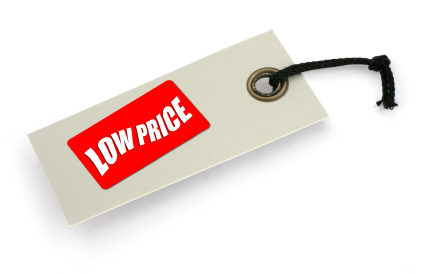
Clear communication is as much about getting rid of bad habits as it is about acquiring any new skills. As you look over this section, ask yourself whether you do any of the things that interfere with communications. Getting rid of those habits will serve you better than any new skill. The truth is, being clear requires periodic checkups like an annual physical. Everyone needs to look at this aspect of home and office life from time to time. Bad habits creep into communications rather easily.
Certain phrases go “clunk” against the ear every time you hear them. Here are some phrases that have little place in life, let alone a negotiation. When you hear these phrases, a yellow caution light should start flashing in your head. These phrases often indicate a situation that needs to be addressed. And if you hear one or more of these utterances come out of your mouth, stop immediately. Laugh about the slip or apologize, but don’t assume that the listener doesn’t have the same set of yellow caution lights that you do. Maybe the listener doesn’t, but you can’t take that risk.



